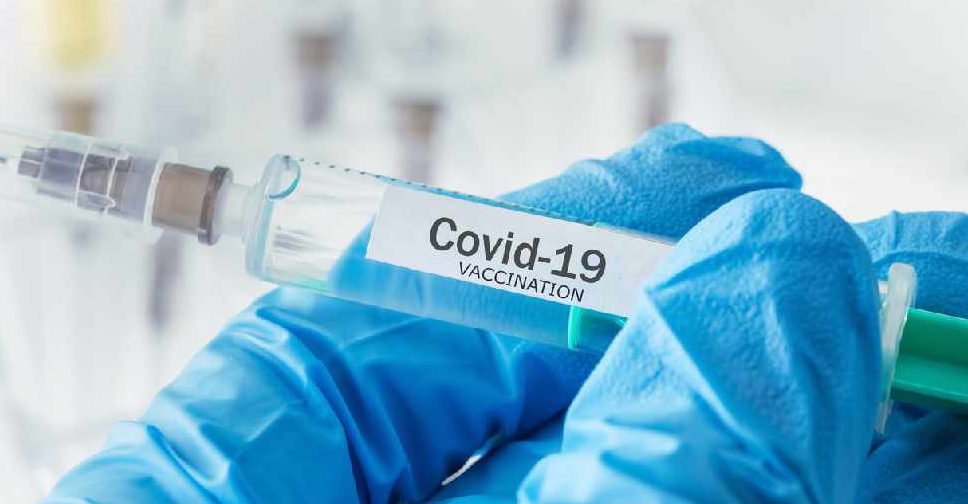
Three health workers in Norway who had recently received the AstraZeneca COVID-19 vaccine are being treated in hospital for bleeding, blood clots and a low count of blood platelets.
"We do not know if the cases are linked to the vaccine," Sigurd Hortemo, a senior doctor at the Norwegian Medicines Agency told a news conference held jointly with the Norwegian Institute of Public Health.
All three individuals were under the age of 50.
The European medicine regulator, the European Medicines Agency (EMA,) would investigate the three incidents, Hortemo said.
"They have very unusual symptoms: bleeding, blood clots and a low count of blood platelets," Steinar Madsen, Medical Director at the Norwegian Medicines Agency told broadcaster NRK.
"They are quite sick...We take this very seriously," he said, adding that authorities had received notification of the cases on Saturday.
Norway halted the rollout of the AstraZeneca vaccine on Thursday, following a similar move by Denmark. Iceland later followed suit.
AstraZeneca said an analysis of its safety data covering reported cases from over 17 million vaccine doses given had shown no evidence of an increased risk of pulmonary embolism, deep vein thrombosis or thrombocytopenia - having low levels of platelets.
"In fact, the reported numbers of these types of events for COVID-19 Vaccine AstraZeneca are not greater than the number that would have occurred naturally in the unvaccinated population," a company spokeswoman said.
Such trends or patterns were also not observed during clinical trials for the vaccine, she added.
Before Denmark and Norway stopped their rollout of the AstraZeneca vaccine, Austria stopped using a batch of the shots while investigating a death from coagulation disorders and an illness from a pulmonary embolism.
The EMA said on Thursday the vaccine's benefits outweighed its risks and that it could continue to be administered.
Europe is struggling to speed up a vaccine rollout after delivery delays from Pfizer and AstraZeneca, even though new cases have spiked in some countries.

 UK inquiry finds 'chilling' cover-up of infected blood scandal
UK inquiry finds 'chilling' cover-up of infected blood scandal
 Iranian President Raisi killed in helicopter accident, state media says
Iranian President Raisi killed in helicopter accident, state media says
 ICC prosecutor seeks arrest warrants for Israeli, Hamas leaders
ICC prosecutor seeks arrest warrants for Israeli, Hamas leaders
 Assange given permission to appeal against US extradition
Assange given permission to appeal against US extradition
 Israel intends to broaden Rafah sweep, Defence Minister tells US
Israel intends to broaden Rafah sweep, Defence Minister tells US




